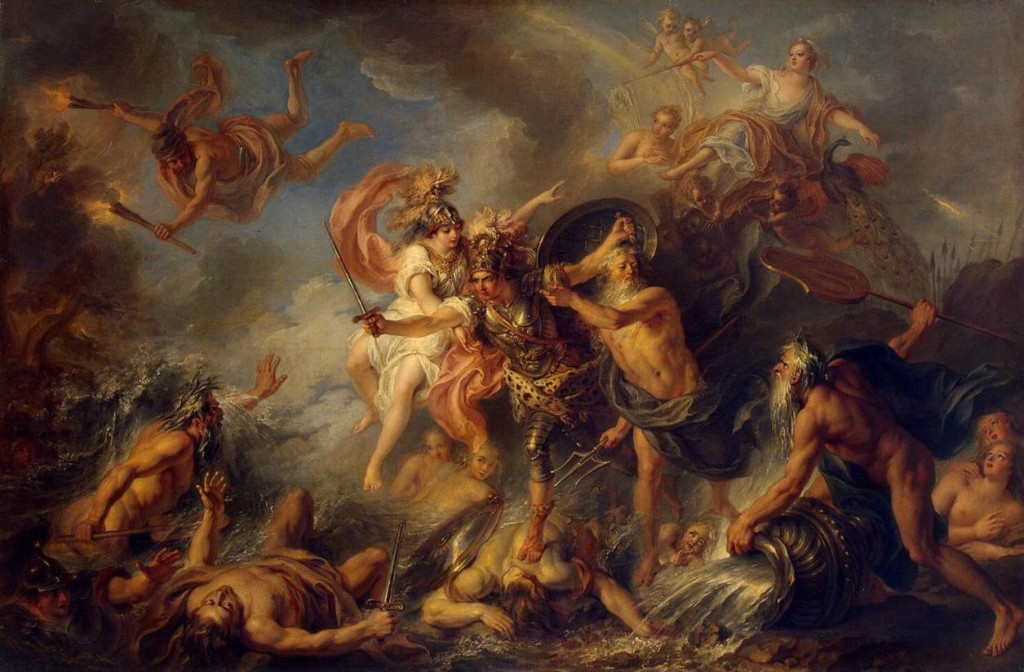Last updated on April 8, 2014
Revival
For our video game example, King of Fighters XIII fixed pretty much everything that went wrong with King of Fighters XII. It uses the new sprites, adds about sixteen more characters (while fleshing out the incomplete ones like Mature), returns the speeds and hops to KOF, gets rid of the Critical Counter System while adding the Drive Meter’s crazy (skill-based) combo potential, and overall functions like an apologizing love-letter to fans. Heck, I’m pretty sure that this is the first time that I’ve seen KOF at a competitive level in the United States ever, so that’s a massive improvement. The only issue came from the rather terrible online play for console, but the recent Steam edition (in August of 2013, nearly two years after release) fixed this in a great way while revitalizing the game for people who don’t live in Southern California or Japan (me, in other words).
And how did they do it? They took a look at their mistakes, returned to their roots, and made minor changes to the system overall. Those minor changes, though, mean everything to King of Fighters. Video games and movies alike require subtle changes when they strive for that “sequel” status; a good sequel will be remembered, while a bad one will forever remain in the garbage bin of history.
A Lack of Permanency
And that will always be the fundamental flaw with our entertainment sources. Things must change as culture changes. Civilizations arise with new moral and ethical frameworks, each refracting in a different way across the spectrum of history. Reading the Iliad reflects a differing cultural tone just as if a person of antiquity decided to read a Harry Potter novel. Our tastes change throughout time, and we can do nothing to stop it.
Interesting, that. We must forever seek novelty, yet we will also place things as permanently “good”. The common refrain of the “Citizen Kane of gaming” comes about often, does it not? Many people know Citizen Kane as the greatest film ever made – but how many of those people saw it? Apparently such media remains beyond reproach, as we cite things from the past to compare to others in the future. Is it quite as good on viewing one hundred? You tell me, but I will bet it’s not. Nothing holds out forever.
Sequels work to stave off the inevitability of a franchise’s obsolescence. Sometimes they reinvigorate them, and other times they kill them off for good. Mostly the latter depends on the good will that previous entries in said franchise built up. But none of them are ever safe from a possible slide into irrelevance.
Christianity’s Longevity
In that way, it’s nice to know that Christianity does not often rest on novelty on newness to get by. Sure, you might say that theology’s changed over time, but the basics of that belief have not changed. Rather, our ideas merely try to define how God actually is, not that we need a new revelation. Take Hebrew 13:8, for example:
Jesus Christ is the same yesterday and today and forever.
Since you’ll probably ask for a Hebrew Bible reference, subsequently, how about Numbers 23:19?
“God is not a man, that He should lie,
Nor a son of man, that He should repent;
Has He said, and will He not do it?
Or has He spoken, and will He not make it good?
Many more references exist in the text, and it doesn’t get much clearer than that. Of course, human beings love novelty and love new things, precisely because we cannot see how something could not get boring after a while.
I’m sure that, if you’re a Christian, you’ve heard the common things about Heaven and whatnot. Won’t that get boring? I’d rather be in Hell, at least all the interesting people are in there? Insert strange colloquialism about our perception of activities and time wasting procedures. The end seems like an incomprehensible thing: a God that does not change, and things remain the same. Conservatism seems pretty boring.
And yet, the Bible does not think so at all. It seems to think that solidity and rigid ideas are interesting, useful, and profound. It tells us of truths unchanging, that have remained that way since whenever God created the heavens and the earth. The way we are now, the inclinations we feel, do not accurately reflect the true nature of reality (we know that much from Genesis). When Christ returns, Revelation tells us this much:
He will wipe every tear from their eyes. There will be no more death or mourning or crying or pain, for the old order of things has passed away.” He who was seated on the throne said, “I am making everything new!” Then he said, “Write this down, for these words are trustworthy and true.” He said to me: “It is done. I am the Alpha and the Omega, the Beginning and the End. To him who is thirsty I will give to drink without cost from the spring of the water of life. He who overcomes will inherit all this, and I will be his God and he will be my son.
Revelation 21:4-8
We take that on faith. To trust God requires more than a little of a leap. And yet, that’s what you must do, regardless of what you see before your eyes. Name some issue you’re concerned about in the world today, and you can imagine how tough it is to remain faithful. We do.

